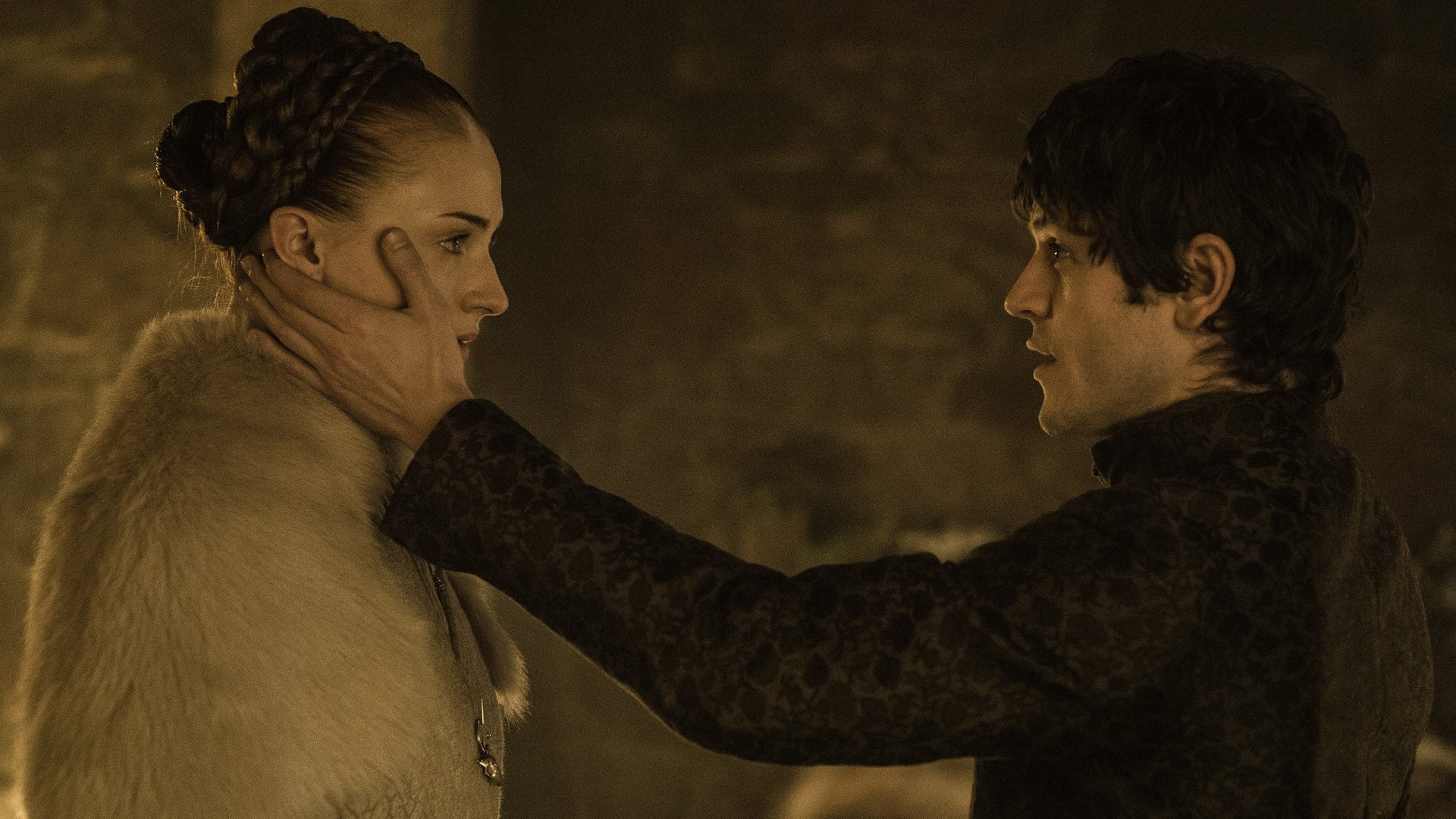“Transparent” creator Jill Soloway wants male filmmakers to stop making rape scenes
There’s an unreasonable amount of sexual violence depicted on TV and in film, most of it handled by male writers and directors with all the sensitivity and nuance of a battering ram. Jill Soloway would very much like them to stop.


There’s an unreasonable amount of sexual violence depicted on TV and in film, most of it handled by male writers and directors with all the sensitivity and nuance of a battering ram. Jill Soloway would very much like them to stop.
The creator of Amazon’s Emmy-winning Transparent appeared on a panel at the Sundance Film Festival this week to discuss gender equality in Hollywood. Among the topics raised was this excess of gratuitous rape scenes in popular entertainment, which often serve as lazy plot devices to signal female vulnerability and trauma, and to advance the development of male characters.
Soloway had a simple request:
“I would like to make a blanket ask to cis men to please stop making movies about rape, stop portraying rape. We get it, guys. You want us to stay inside because you want us to be afraid we’re going to get raped. We get it. Stop making movies and TV shows about rape. Let women make those movies if they want to.”
“Prestige” television, in particular, is inundated with violence of all kinds—sexual violence chief among them. HBO’s Game of Thrones has become the embodiment of the problem, in part because it’s the most popular show in the world and is largely written and directed by men, but also because—and this is key—it features an ungodly number of rape scenes. That said, the fantasy drama is hardly the only popular or acclaimed TV show to do so.
While Soloway is unlikely to get her wish completely, there’s already evidence that some in television are trying to make adjustments. As Maureen Ryan reported in an excellent piece for Variety last year, some producers won’t even read scripts with rape scenes thrown in for shock value. Others, including Hannibal creator Bryan Fuller, have instituted blanket bans on sexual violence in their shows.
Ryan also noted that several female showrunners, such as Jenji Kohan of Orange is the New Black and Melissa Rosenberg of Marvel’s Jessica Jones, have broached the subject far more responsibly than some of their male counterparts. Still, the vast majority of scripted TV episodes are directed by men.
Soloway delved deeper into the issue on the Sundance panel, singling out director Paul Verhoeven’s Oscar-nominated rape revenge film Elle. (It’s worth noting that many film critics applauded the way Verhoeven approached the subject in Elle.)
“I actually believe they envy our vaginas and our vulnerability, and so they project their desire for their own vulnerability onto women, and then they make films about raping them to be able to experience the feeling of the being-done-to, letting go, which they can’t do as straight men,” she said.
Whatever the reasons for coarsely depicting sexual violence in entertainment, most of these scenes do a disservice to the shows or films they appear in, and to the fans that watch them. It’s time for “titillating” rape scene to become a thing of the past.